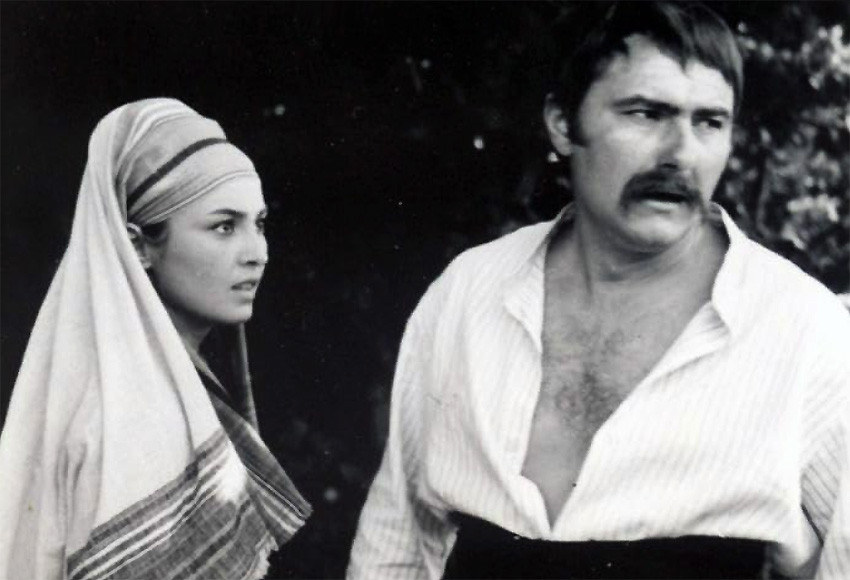
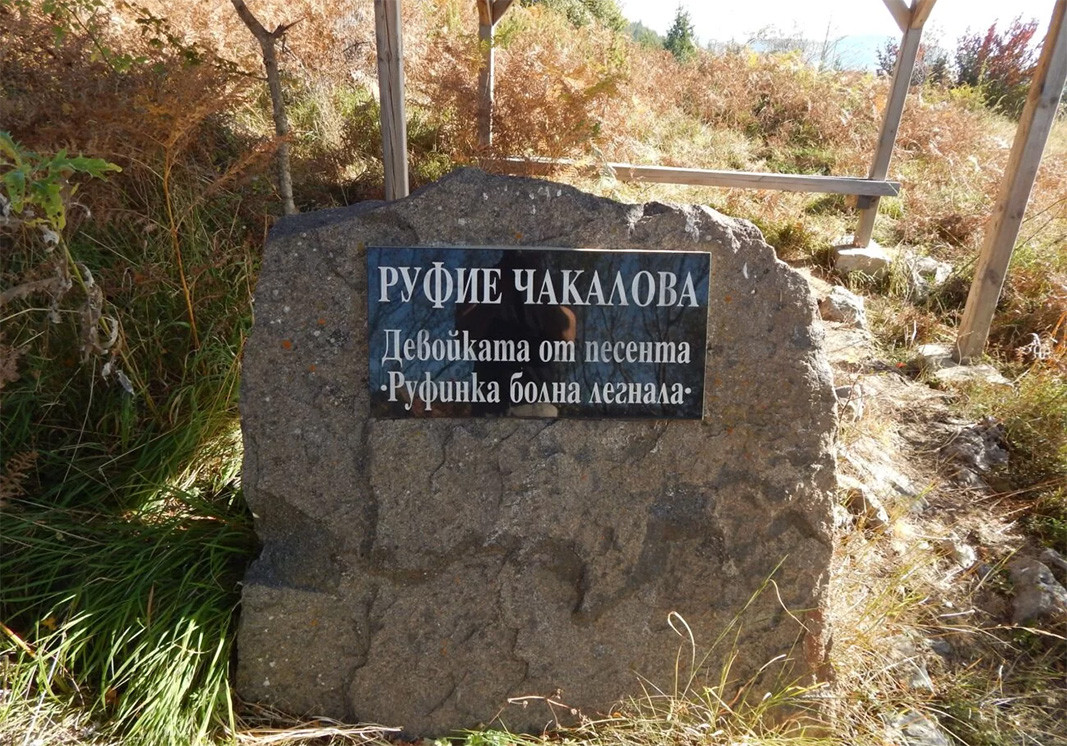
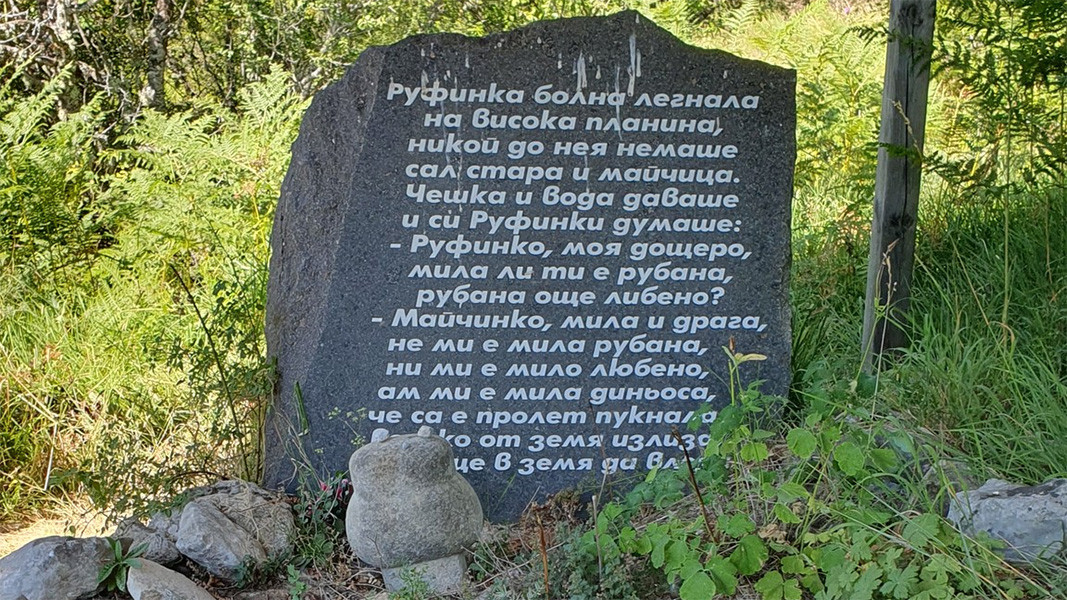
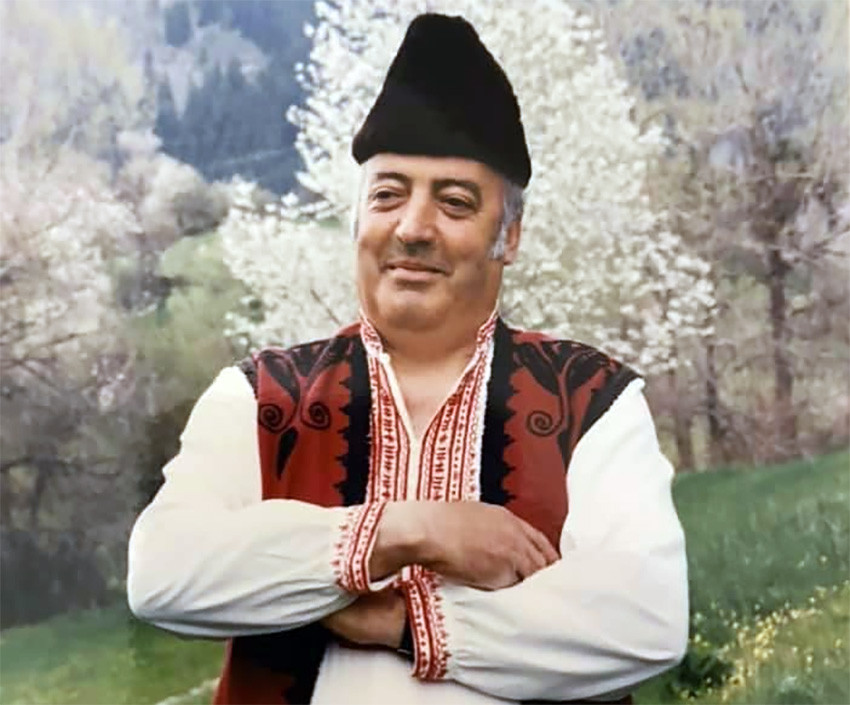
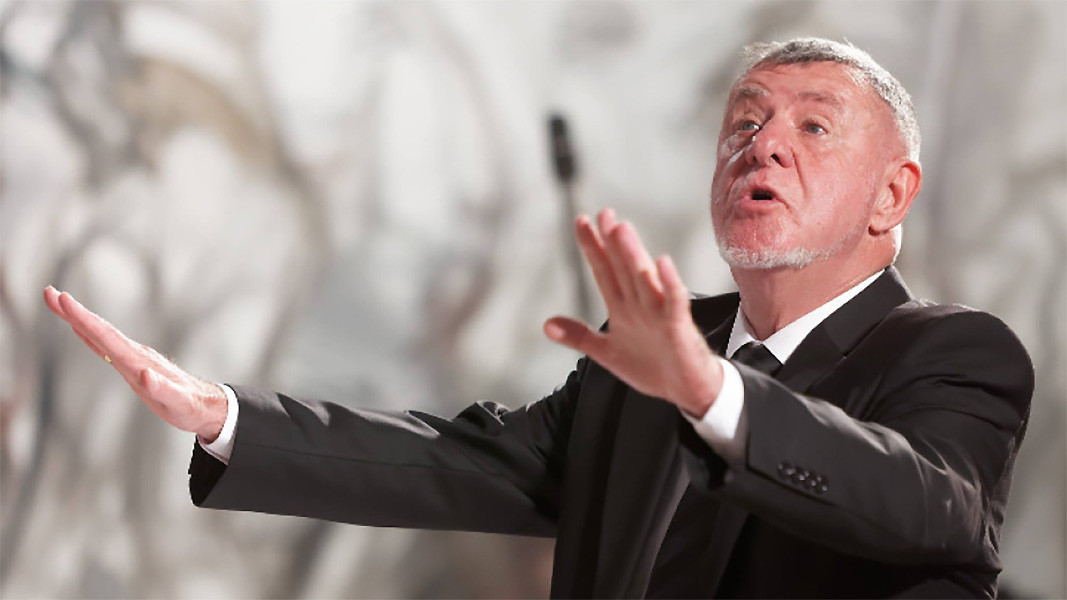
To make your dream come true in a Bulgarian rhythm and on French soil. Thus, metaphorically, we can begin the story of Bulgarian musician and pedagogue Stefka Miteva and the Bulgarian-French trio "Orenda" , in which she is complemented by..
Camellia Todorova - the singer who set standards in Bulgarian jazz and pop music - will present her new musical project "My Songs" on October 14 at 7:30 p.m. at the Center for Contemporary Art "Toplotsentrala" in Sofia. The event promises to be a..
Papi Hans heats up the chilly autumn with his new song — the hot Latin bachata “Nevinna” (Innocent). It comes after a series of ballads and is the first single from his upcoming album titled ''The Sun''. According to the singer, this will be an album..
Camellia Todorova - the singer who set standards in Bulgarian jazz and pop music - will present her new musical project "My Songs" on October 14 at..
To make your dream come true in a Bulgarian rhythm and on French soil. Thus, metaphorically, we can begin the story of Bulgarian musician and pedagogue..

+359 2 9336 661
